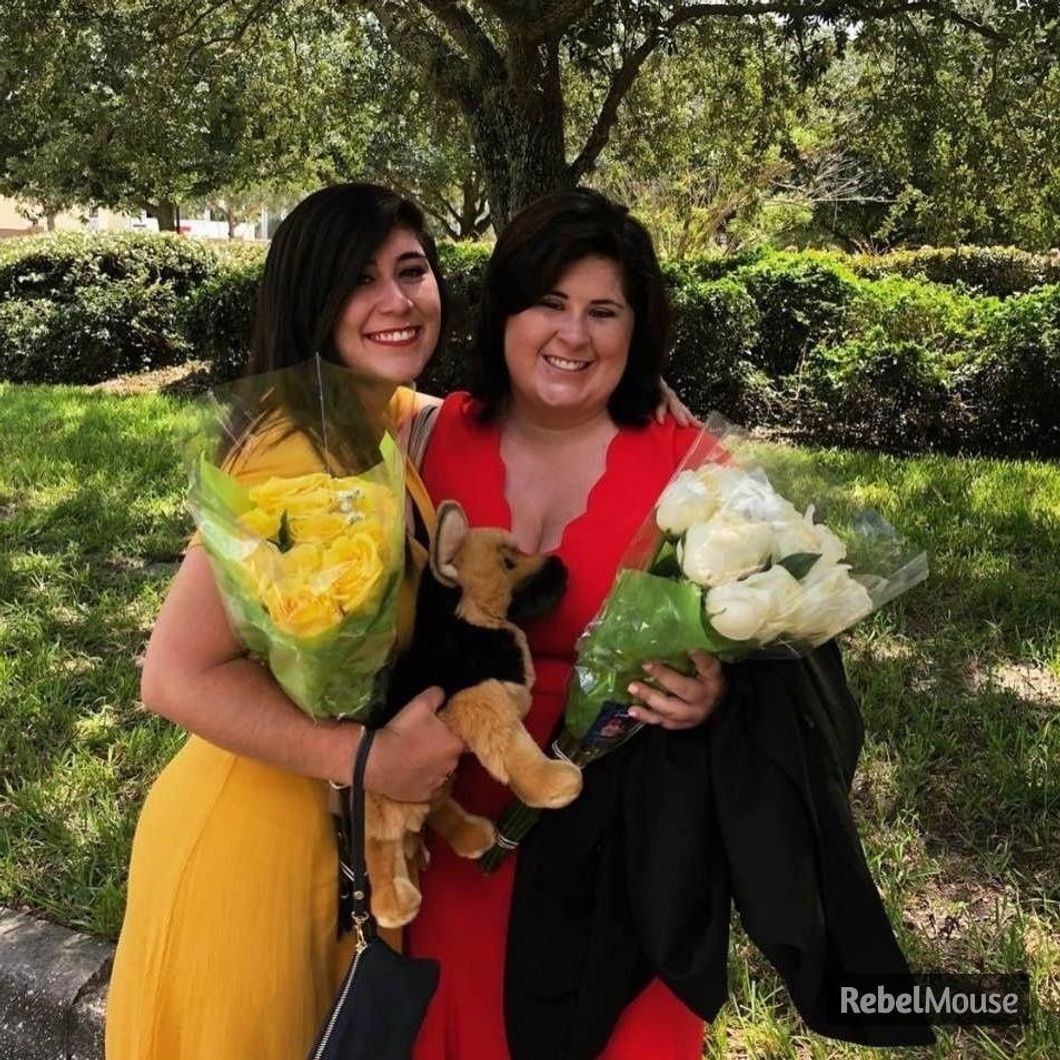Back when I first entered college in 2010, I had no idea what would constitute the freshman lifestyle. I juggled my personal health with relationships and school, and I am not ashamed to say that I really struggled. I didn't know how to make friends because all I knew was performing well in school and making good grades. As a freshman, school was all I had and wanted. I did want friends – but since I didn't know how to make them, I remained alone.
My loneliness turned into depression eventually; depression turned into me not taking care of myself well enough. I drank about five energy drinks a night to keep up with my five classes, and, because of that, I didn't sleep. I stayed up studying or researching oddball topics. Eventually, it led to me hearing voices that weren't there and believing that the world was ending when a bad spring thunderstorm came. Since it was after finals week, my suitemates were packing up to go back home when they heard me crying. I remember telling one of them, when she asked me where's my family, "They're all dead."
About three in 100 people experience psychotic symptoms. After my suitemates reported me to the RA, she called emergency services and I was sent to the hospital for a psychotic episode. Even though it seems like such a dire way to say that I was hallucinating and delusional, my episode turned into a foundation of my mental health for a while. For a year, I wanted to prevent another episode and told myself that I never wanted to go back to school again. It wasn't the stress of the academics I was scared about. It was the paranoia and fear of losing it all over again.
I went back to school in 2012 to correct a grade that I had received an incomplete in due to my hospitalization. I lived at home with my parents; my sister drove me to my classes. It seemed manageable. Sure, my emotions were still heightened and raw, but I was able to think rationally and logically enough to pass my classes.
I remained a part-time student throughout my education except for one semester. Being a part-time student allowed me to accommodate myself in my illness thankfully. I was able to pass my classes with excellence, volunteer when I wanted to, as well as attend weekly therapy sessions. At times, I didn't want to manage all of it though. I would often say that I wished that I didn't have a mental health problem so that I could function at the high norm.
Looking back though, I am grateful that I had the experience with going to school part-time – I've matured at a rate that people who focus attentively on their career prospects don't. It's allowed me to recognize and love myself through little maintenance steps. Life isn't about achieving your dreams in one fell swoop, after all. A part-time education allowed me to grow on my own terms and make important decisions based on my level of self-care.
I am happy to say that now, eight years later, I've graduated with my bachelor's degree in English. And there is nothing that can take away that pride.
- Depression Among College Aged Students ›
- A College Student's Perspective On Mental Illnesses ›
- Mental Health Stigma Is Still Hurting College Students ›
- 8 Self-Care Tips For College Students ›
- 12 Self-Care Tips For College Students ›
- Mental Health in College: Recognizing Warning Signs and Getting ... ›
- College students are forming mental-health clubs — and they're ... ›
- Top 5 Mental Health Challenges Facing College Students ›
- A College Student's Convictions On Self-Care | HuffPost ›
- Self-care Strategies for Your Mental Health ›
- Self-Care During College: How To Take Care of Yourself ... ›
- 8 Ways to Practice Self-Care When College Is Taking a Toll on Your ... ›
- Campus Mental Health and Wellness | Self-Care and Stress Reduction ›
- The Importance of Self-Care for College Students | The College Puzzle ›









































